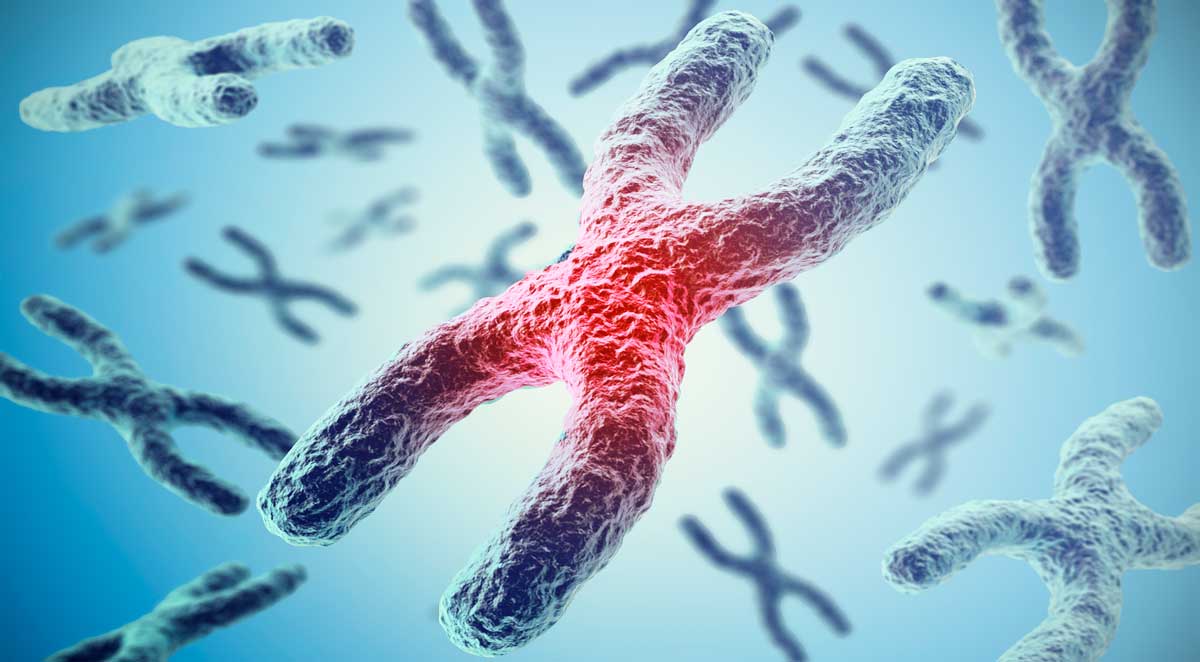Telomeres and Aging: A Deep Dive into Cellular Aging Mechanisms

Telomeres, the protective caps at the ends of our chromosomes, play a crucial role in cellular aging and overall health. This blog post explores the relationship between telomeres and aging, backed by the latest scientific research.
What Are Telomeres?
Telomeres are repetitive nucleotide sequences at the ends of each chromosome, serving as protective caps that prevent the DNA from unraveling or fusing with neighboring chromosomes. Over time, as cells divide, telomeres shorten, which is a critical factor in the aging process and cellular senescence.
Telomere Length and Aging
Research shows that telomere length is a biomarker of biological aging (Blackburn et al., 2015). Shorter telomeres are associated with an increased risk of age-related diseases and earlier mortality.
- Cellular Replication Limits: Each time a cell divides, telomeres shorten slightly. The enzyme telomerase can replenish telomere length, but in most somatic cells, its activity is insufficient to completely offset telomere shortening.
- Telomere Shortening and Disease: Studies have linked shorter telomeres with cardiovascular diseases, certain cancers, and neurodegenerative disorders (Fitzpatrick et al., 2007).
Factors Influencing Telomere Length
- Genetics: Telomere length is partly hereditary, influenced by genes that regulate telomerase activity.
- Lifestyle: Smoking, poor diet, lack of physical activity, and chronic stress are all linked to accelerated telomere shortening.
- Environmental Factors: Exposure to pollution and UV radiation can exacerbate telomere shortening.
Telomere length testing
- There are at least two laboratories commercially available to test the length of the telomeres in blood. Check with your healthcare provider.
Strategies to Preserve Telomere Length
- Nutrition: Diets rich in antioxidants (vitamins C and E, polyphenols) can protect telomeres from oxidative stress.
- Exercise: Regular physical activity has been shown to help maintain telomere length (Ludlow et al., 2008).
- Stress Management: Reducing stress through mindfulness, meditation, and yoga can slow the rate of telomere shortening (Epel et al., 2009).
Future Directions in Telomere Research
Ongoing research is exploring potential interventions to preserve or even extend telomeres, including the use of telomerase activators and gene therapy. These advances hold the promise of extending the human healthspan and altering how we age.
Understanding the role of telomeres in aging provides a window into our cellular health and offers avenues for intervention. By focusing on science-backed lifestyle changes and preventive health strategies, we can influence our biological aging process.
References
- Blackburn, E. H., et al. (2015). Telomeres and aging. Physiological Reviews, 95(3), 837-858.
- Fitzpatrick, A. L., et al. (2007). Leukocyte telomere length and cardiovascular disease in the cardiovascular health study. American Journal of Epidemiology, 165(1), 14-21.
- Ludlow, A. T., et al. (2008). Relationship between physical activity level, telomere length, and telomerase activity. Medicine & Science in Sports & Exercise, 40(10), 1764-1771.
- Epel, E. S., et al. (2009). Can meditation slow rate of cellular aging? Cognitive stress, mindfulness, and telomeres. Annals of the New York Academy of Sciences, 1172, 34-53.

